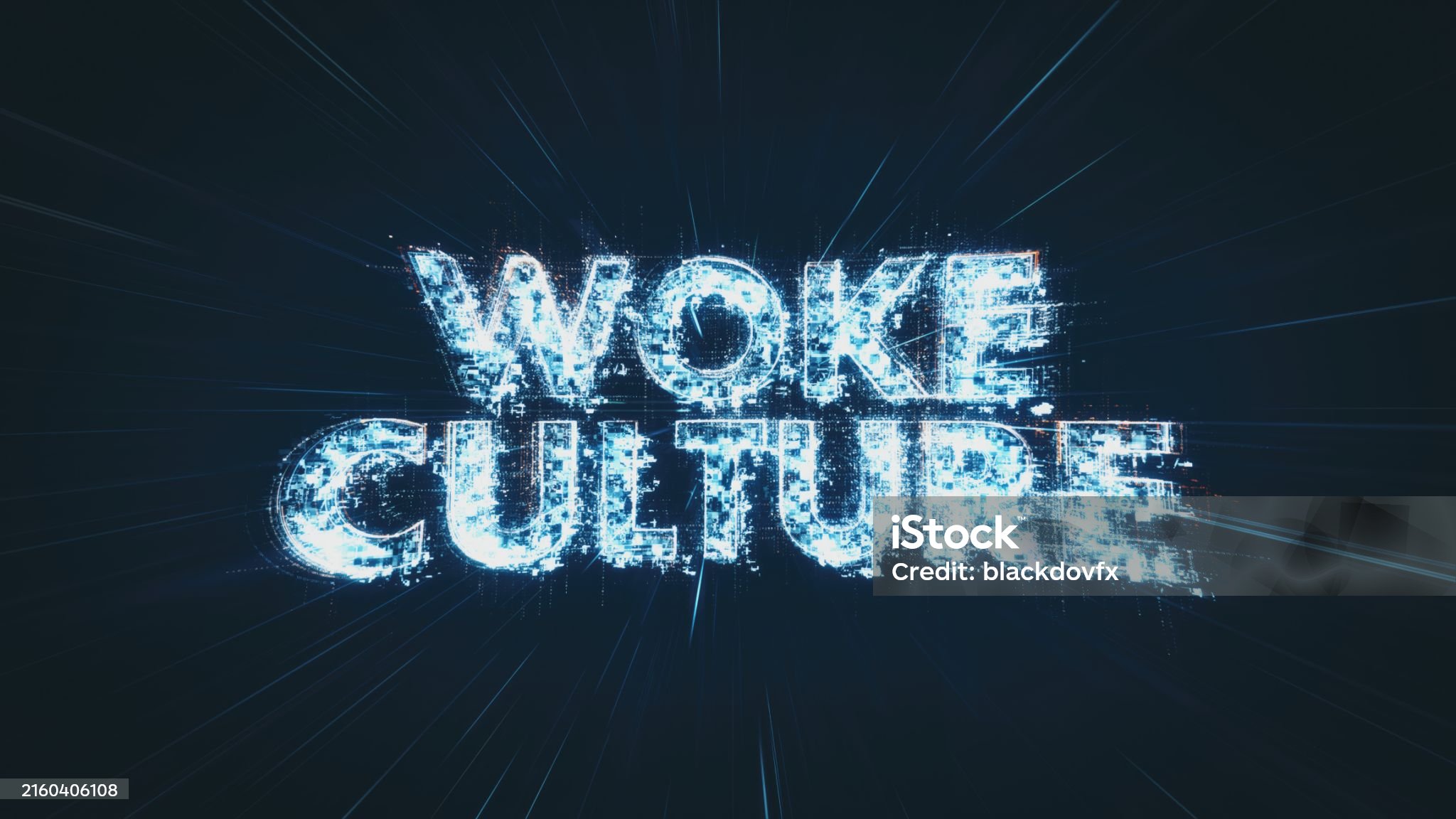
In recent years, “woke culture” has become a defining movement in social justice, encouraging awareness of societal issues such as racism, inequality, and discrimination. The term “woke” originally referred to being awake or aware of social injustices, and in many ways, it has brought important conversations to the forefront. However, as the movement has grown, so too has the criticism surrounding it. Some argue that the modern manifestation of woke culture is fostering a lack of tolerance—silencing opposing views, promoting cancel culture, and stifling open dialogue. In this blog post, we’ll explore how this paradox has developed and whether woke culture is indeed hindering the very tolerance it aims to promote.
1. The Shift from Awareness to Intolerance of Dissent
At its core, woke culture promotes awareness of critical social issues such as systemic racism, gender inequality, and LGBTQ+ rights. These are undeniably important conversations, and much of the movement’s early momentum was about shining a light on underrepresented voices and marginalized communities. However, as the movement has evolved, it has sometimes taken on a more combative and rigid approach to dissenting opinions.
Many people who criticize woke culture feel that there is less room for nuanced conversations or disagreements. What started as a movement for inclusion and awareness has, in some instances, transformed into an environment where dissenting viewpoints are quickly dismissed or labeled as harmful, even if expressed in good faith. This can lead to a culture where people are afraid to engage in dialogue for fear of being ostracized or labeled as intolerant or bigoted. As a result, open discussion becomes stifled, and the diversity of thought—which is essential for true understanding—can be lost.
2. Cancel Culture and the Fear of Being “Canceled”
One of the most visible manifestations of this shift toward intolerance within woke culture is the rise of cancel culture. Cancel culture refers to the practice of publicly shaming or “canceling” individuals, companies, or public figures for expressing opinions or making mistakes that are deemed offensive or problematic by certain groups.
While holding people accountable for harmful behavior is important, cancel culture often leaves little room for growth, learning, or forgiveness. Instead of fostering an environment of understanding or dialogue, it promotes punishment and exclusion. When individuals are “canceled,” they may lose their jobs, their social standing, or their ability to express themselves without fear of retribution, regardless of whether they have acknowledged their mistakes or made efforts to change.
This atmosphere of fear discourages people from participating in conversations, sharing their perspectives, or asking difficult questions—essential components of a tolerant, democratic society. Instead of encouraging tolerance for diverse ideas, cancel culture often leads to self-censorship and a homogenization of opinions that align with the dominant narrative.
3. The Echo Chamber Effect
Woke culture can also contribute to the creation of echo chambers, where only certain viewpoints are accepted, and opposing ideas are quickly shut down. Social media plays a significant role in this phenomenon, as algorithms tend to reinforce content that aligns with a user’s existing beliefs, creating isolated bubbles of like-minded people. Within these echo chambers, individuals may become more polarized, rejecting any viewpoints that differ from their own.
This is problematic for several reasons. First, it prevents individuals from encountering and engaging with diverse perspectives, which is crucial for empathy and understanding. Second, it fosters a sense of moral superiority and righteousness, where those who disagree are seen as morally wrong or ignorant. Instead of encouraging tolerance and the exchange of ideas, these echo chambers promote rigidity and divisiveness.
In a healthy, tolerant society, people are able to engage in meaningful conversations with those who hold different beliefs, learning from one another and finding common ground. Echo chambers created by woke culture, however, can prevent this exchange and deepen societal divisions.
4. A Narrowing Definition of What is Acceptable
Another way woke culture can foster a lack of tolerance is by narrowing the definition of what is considered acceptable thought or speech. Increasingly, people are held to strict standards of political correctness, where even well-intentioned mistakes can be met with harsh criticism. This can make individuals feel as though they must walk on eggshells to avoid saying the wrong thing, which paradoxically stifles the kind of open and honest conversation that is necessary for growth and mutual understanding.
For example, someone might be hesitant to ask a question or express curiosity about a particular social issue for fear of being misunderstood or criticized. Instead of fostering a learning environment where people can engage with complex topics, the pressure to conform to an ever-evolving set of norms discourages authentic expression. When the boundaries of acceptable thought are drawn too narrowly, intellectual diversity is diminished, and true tolerance suffers.
5. The Polarization of “Us vs. Them” Thinking
Woke culture can sometimes contribute to an “us vs. them” mentality, where people are divided into two camps—those who are “woke” and those who are not. This binary thinking can lead to a breakdown in dialogue and an increase in tribalism. Those who do not fully align with the beliefs or language of woke culture may be dismissed as unenlightened, insensitive, or morally flawed, rather than being engaged in constructive conversation.
This kind of polarization erodes tolerance because it frames social issues in black-and-white terms, where people are either on the “right side” or the “wrong side.” In reality, most individuals have a range of perspectives and experiences, and meaningful change requires listening to and working with people across the spectrum of beliefs. When woke culture becomes too rigid, it limits the possibility for compromise, collaboration, and collective progress.
6. A Path Toward True Tolerance
To be clear, woke culture has played a critical role in highlighting systemic injustices and advocating for the rights of marginalized communities. However, if the goal is to create a more tolerant, inclusive world, there must be space for open dialogue, respectful disagreement, and growth through conversation.
True tolerance means accepting that people will have different opinions, experiences, and perspectives—and that these differences should be engaged with thoughtfully, rather than shut down or punished. It’s about creating an environment where individuals feel free to express themselves, make mistakes, and learn, without the fear of being “canceled” or ostracized.
Instead of fostering a culture of fear and exclusion, we can strive to build one of understanding and empathy. By encouraging open discussions, promoting forgiveness and growth, and allowing for a diversity of viewpoints, we can ensure that woke culture remains a force for positive change rather than one that inadvertently contributes to intolerance.
Conclusion
Woke culture, at its heart, aims to address inequality and promote social justice—important and noble goals. However, in its current form, there are aspects of the movement that risk fostering a lack of tolerance, particularly through cancel culture, rigid thinking, and the rejection of differing viewpoints. To create a truly inclusive society, it’s essential that we balance activism with open dialogue, intellectual humility, and the recognition that tolerance extends to a diversity of opinions, not just those that fit within a specific framework.
Fostering real tolerance requires moving beyond black-and-white thinking, welcoming difficult conversations, and allowing space for people to grow and learn.




